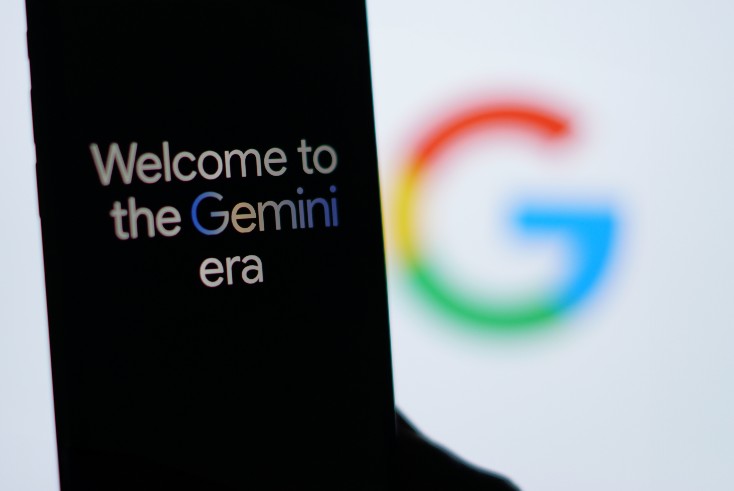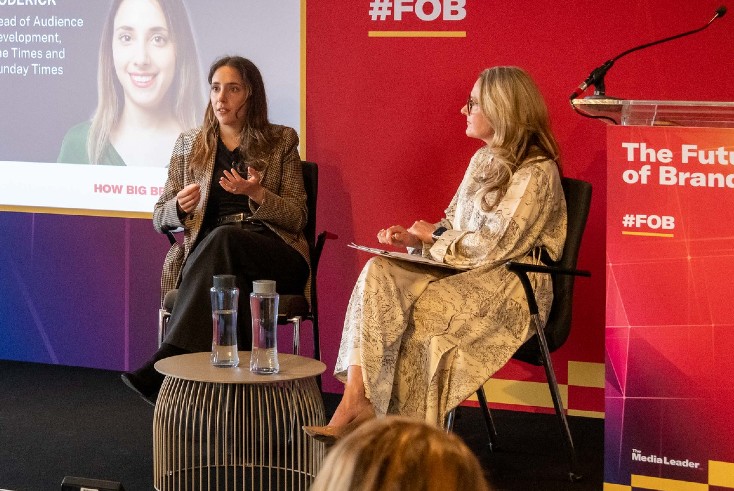How Google’s AI Overviews could impact publishers’ audience development

“Google is hugely important for us.”
At last month’s Future of Brands conference, Leonie Roderick, The Times and Sunday Times‘ head of audience development, explained how important search is for the company.
“Search, like for many publishers, is our main guest referrer. It’s our main converter in terms of subscriptions,” she explained.
But with Google making significant changes to its search experience, chiefly through the implementation of AI Overviews — AI-generated summaries of information in response to search queries — publishers are on edge over whether their search traffic (and thus the “main converter” of subscriptions) can no longer be relied on.
Publishers’ worst fears
Jamie Credland, CEO of global news media alliance World Media Group, told The Media Leader that the changes Google is making to search “simply confirm the worst fears of publishers, many of whom have been watching the decline of search traffic, combined with the growth in AI usage, and seen where this is heading”.
The concern echoes News Media Association CEO Owen Meredith, who warned the AI Overview feature “risks discouraging users from clicking through to the original links, in turn threatening the business model of those who invest in journalism and quality information”.
Credland admitted: “Making original journalism freely available without a paywall or an advertising model that supports it is going to make it very hard for publishers to continue to invest in high-quality reporting.”
He suggested that “it’s absolutely going to be bad news for anyone other than the biggest media brands”, with publishers that have “strong brands and first-party data strategies” in the best position to adapt.
Chasing ‘quality traffic’
The Times is one such strong brand, and it has spent the past few years integrating its audience team with editorial leadership. The audience team, once “siloed”, is “very much now at the centre of the newsroom”, according to Roderick.
News editors listen to what the search, social and engagement teams tell them in morning meetings to gain an understanding of what news is trending to aid in editorial decisions and reach new and existing audiences.
“We don’t want to chase pure clicks,” explained Roderick. “We’re not about that one-and-done audience. We want quality traffic. We want people to come back over a longer period of time.”

In response to ongoing changes to search and social traffic in recent years, publications like The Times have tried to focus on, as Roderick called it, “building the brand relationship”.
To that end, getting subscribers to download The Times app, turn on push notifications and sign up to at least two newsletters is tantamount to success, helping to reduce subscription churn by developing a strong, daily relationship with users that seeks to make The Times‘ homepage a destination site.
“Newsletters are a product in and of itself,” Roderick said. “It’s a very important way to keep people engaged with the brand.”
Data-informed
Speaking to The Media Leader, Roderick elaborated on the publication’s first-party data strategy. She noted that while it is important to collect basic demographic data (eg. age, gender, location) for ad targeting, it is challenging to collect data from subscribers without annoying them and publishers must be careful to do so with consent.
“We want to be data-informed, not data-driven,” she explained.
Following news of Google’s changes to search, Roderick remarked: “Our search strategy remains the same for now, because as a news brand we don’t want to be purely chasing clicks.
“Instead, we want to make sure we’re responding to any trending news with intelligent coverage that encourages people to not just click but ultimately subscribe and build a relationship with us.”
The Times would be “definitely keeping a close eye on all AI developments”, she added, and continues to look at other ways of building direct traffic, such as through further investment in newsletters.
Publishers can harness AI too
Maanas Mediratta, co-founder and CEO of AI publishing solutions company Bridged Media, agrees publishers should not take a defeatist attitude towards attempts by Google and other tech companies to create AI-generated search experiences.
“Focusing on using and harnessing AI is way more productive than worrying about something that is not in their control,” he told The Media Leader.
Bridged Media, for example, offers publishers the ability to utilise AI “agents” that can aid in, among other things, automating data insights, article summaries, page recommendations and personalised user experiences.
It is worth noting that Google argues that AI Overviews can actually help publishers’ traffic. Liz Reid, head of Google Search, stated last week the company has found that “links included in AI Overviews get more clicks than if the page had appeared as a traditional web listing for that query”.
Meredith, Credland and Mediratta all expressed scepticism about these claims. Mediratta believes search traffic will “inevitably” decline due to the new feature, even if it won’t happen overnight.
Google Search’s ‘AI Overview’ a threat to journalism, warns NMA chief




